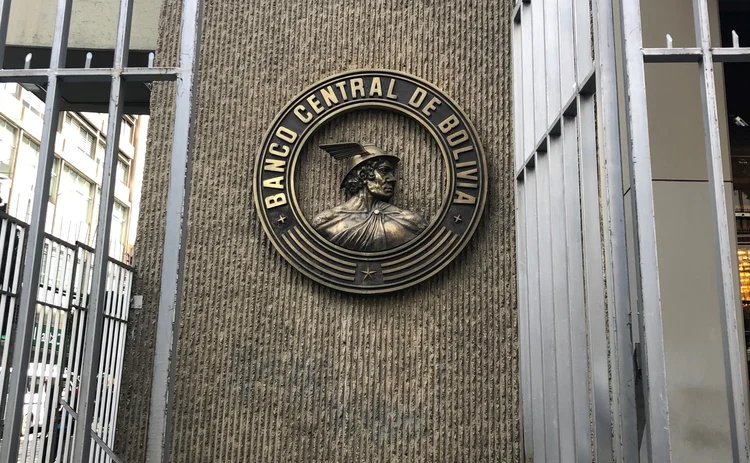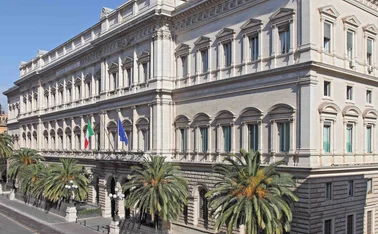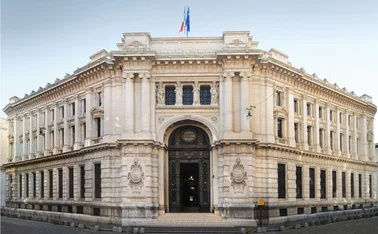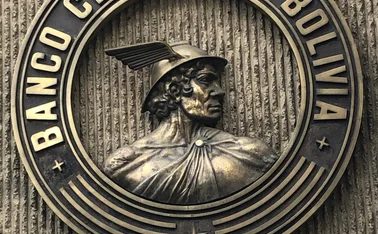
Bolivian central bank wants to become sole buyer of gold
Proposal would allow BCB to use gold reserves as collateral or swap them for foreign exchange

The Central Bank of Bolivia (BCB) has proposed a law that would effectively make it the sole purchaser of gold produced within the country.
The central bank’s proposal would also allow it to use gold reserves as collateral or swap them for foreign currency, local newspaper El Deber has reported.
It would oblige domestic gold producers to sell their output to the central bank. Only once the BCB had filled its quota would miners and brokers be able to sell on the international market.
Under the
Only users who have a paid subscription or are part of a corporate subscription are able to print or copy content.
To access these options, along with all other subscription benefits, please contact info@centralbanking.com or view our subscription options here: www.centralbanking.com/subscriptions
You are currently unable to print this content. Please contact info@centralbanking.com to find out more.
You are currently unable to copy this content. Please contact info@centralbanking.com to find out more.
Copyright Infopro Digital Limited. All rights reserved.
As outlined in our terms and conditions, https://www.infopro-digital.com/terms-and-conditions/subscriptions/ (point 2.4), printing is limited to a single copy.
If you would like to purchase additional rights please email info@centralbanking.com
Copyright Infopro Digital Limited. All rights reserved.
You may share this content using our article tools. As outlined in our terms and conditions, https://www.infopro-digital.com/terms-and-conditions/subscriptions/ (clause 2.4), an Authorised User may only make one copy of the materials for their own personal use. You must also comply with the restrictions in clause 2.5.
If you would like to purchase additional rights please email info@centralbanking.com








